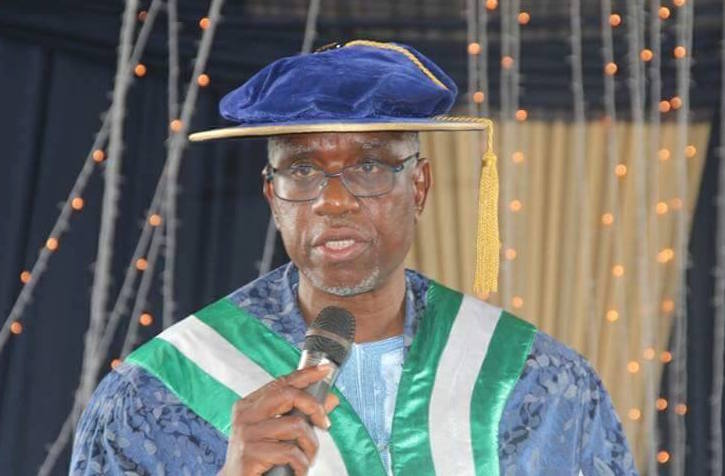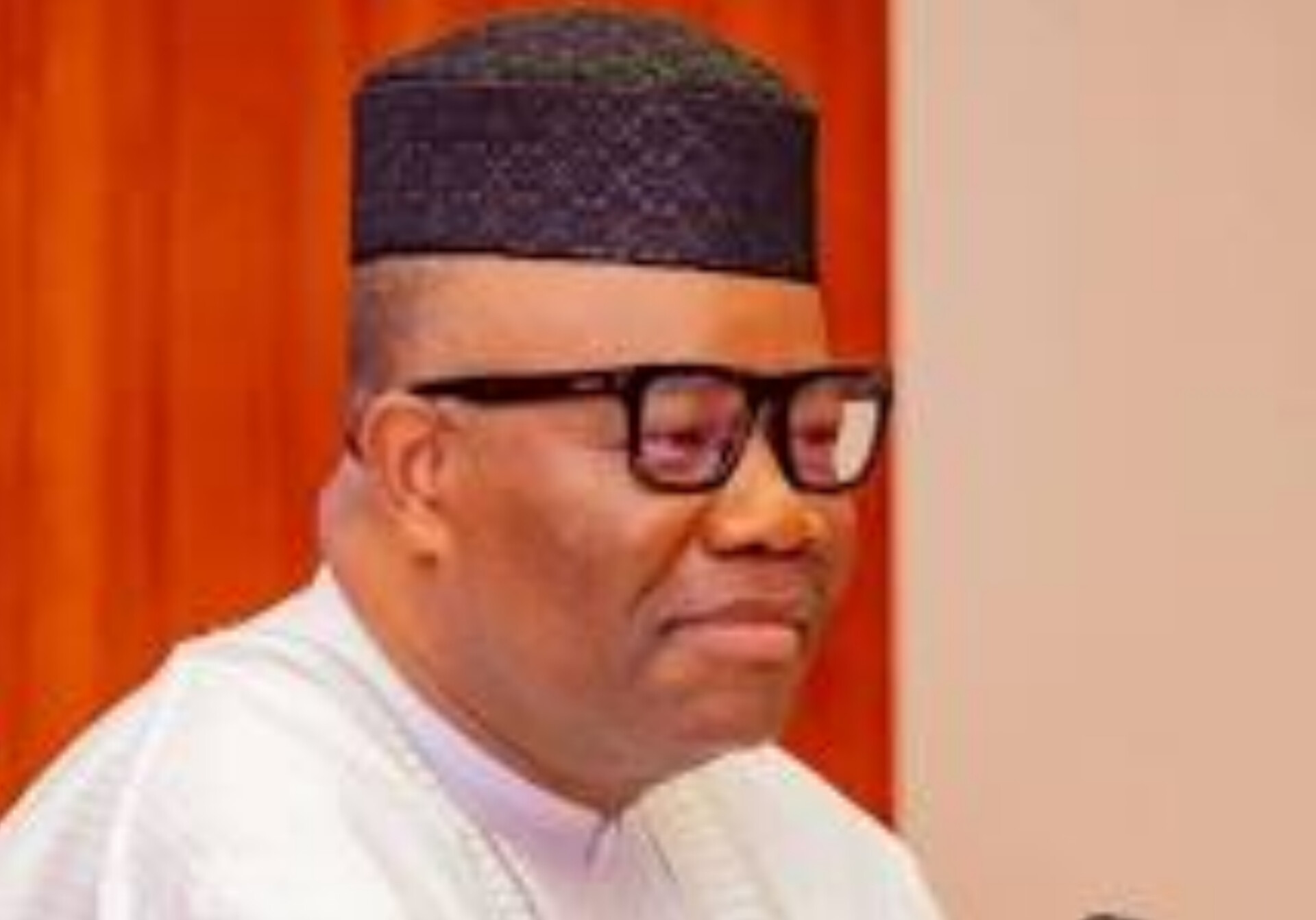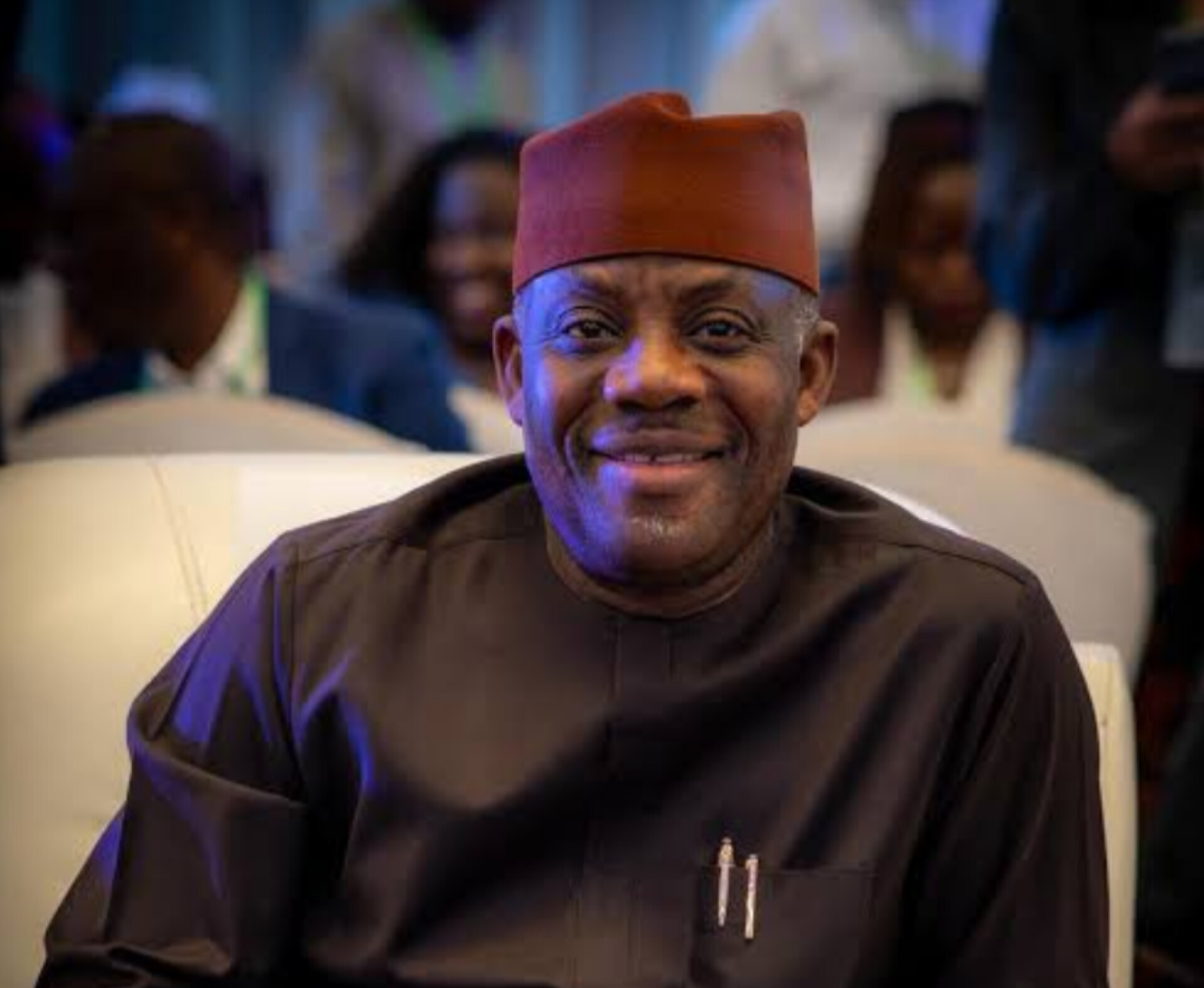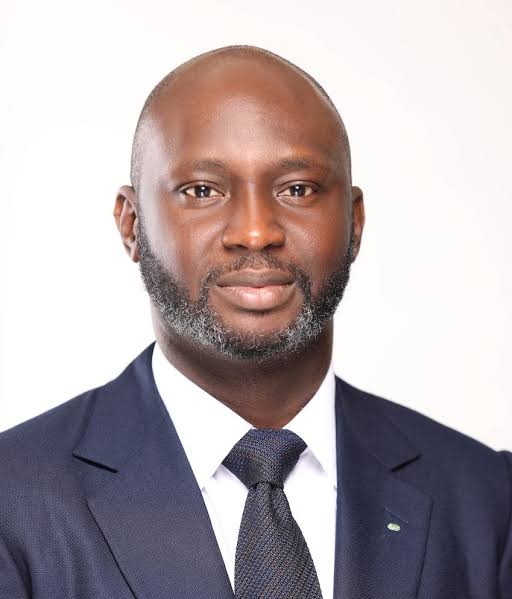Education
Experts brainstorm, Seek true University Autonomy to tackle challenges of higher education in Africa

To tackle the challenges facing higher education in Africa experts in the education sector have advocated for true University autonomy as one of the solutions.
This was happening at an international symposium convened to mark the birthday of Professor Abubakar Adamu Rasheed, the Executive Secretary of the National Universities Commission (NUC) on Wednesday..
The experts agreed that African higher education is confronted with a host of challenges that must be tackled to ensure the attainment of the Sustainable Development Goals (SDGs) and the African Union Agenda 2063.
Over 160 higher education experts from 14 countries took part in the virtual event organized by the Okebukola Science Foundation in partnership with NUC Strategy Advisory Committee (STRADVCOM), the Africa Progress Group (APG), the Office of the AAU Ambassador for West Africa, National Open University of Nigeria (NOUN) and the Virtual Institute for Capacity Building in Higher Education (VICBHE)
Lead speakers at the symposium on the theme ““Grand Challenges Facing University Education in Africa: Taming the Dragon: were Professor Peter Okebukola (moderator); Executive Secretary, National Accreditation and Quality Assurance Authority of The Gambia, Professor Gibril Jaw.
Others are Chairman, National Commission for Higher Education of Burundi; Professor Juma Shabani.
President, National Authority for Quality Assurance in Education of Egypt Professor Dr. Youhansen Eid, Chairman, Committee of Pro-Chancellors of Federal Universities; Professor Emeritus Nimi Briggs, Director of Pan African University Institute of Governance, Humanities and Social Sciences (PAUGHSS), in Cameroon; Professor Elizabeth Sarange Abenga, Secretary General, Association of African Universities and an Australian Professor Olusola Oyewole.
The special guests of honour were Professor Ruqayyatu Ahmed Rufa’i, former Honourable Minister of Education and Professor Laraba Gambo Abdullahi, former Vice-Chancellor, University of Abuja and former Honourable Minister of Women Affairs.
Twelve grand challenges were agreed on as inhibiting quality delivery of university Education in Africa which include the absence of true University autonomy; depreciating quality of higher education teachers and research capacity deficit.
Others are use of outdated teaching methods and slow adoption of ICT for delivering quality university education; capacity deficit of quality assurance agencies; infrastructural/facilities inadequacies in the midst of massification of higher education institutions.
Others are management inefficiencies; poor quality of entrants into higher education from the secondary level; curriculum irrelevance- academic programmes not aligned to labour market needs; weak regional integration and language barriers; absence of an African Credit Transfer Scheme – hindering comparability of certificates and diplomas, mobility; and poor welfare scheme leading to low morale and low motivation of university staff.
Significant attention was paid to the discussions to proffer solutions to the challenges. The speakers and participants agreed that the solutions rest with all stakeholders and not shifting the burden on the government alone.
They also agreed that parents, students, teachers and other staff in the university, university managers, regulatory agencies, the private sector, the media, development partners, community leaders, religious leaders, political elites and actors, indeed all beneficiaries of the products of the university system have roles to play in taming the dragon of the challenges.
Specifically, the participants called for the granting of true autonomy to Universities which is driven by the universities being less dependent on government for funding; strengthening teaching and research capacity of academic staff through the implementation of intensive and sustained training programmes like those offered by VICBHE.
Others are improved resourcing of facilities for teaching and research to ensure that African universities shift from being glorified secondary schools to matching their counterparts in the developed world; improving the relevance of the curriculum (curriculum re-engineering) to enable it produce nationally and regionally-relevant and globally competitive graduates; improving the delivery of basic education so that entrants into universities are of better quality; political commitment to regional integration for south-south collaboration; development of an African Credit Transfer Scheme (ACTS); speedy establishment of the Pan African Quality Assurance and Accreditation Agency (PAQAA); and improvement in the welfare of university staff.
There was agreement among participants on the introduction of blended learning to reduce space constraints, strengthening of intra-African collaboration and compulsory teacher training programme for all teachers in higher education.
Participants further stressed that there should be an increase in the sources of financial inflow into universities and that these should include the payment of tuition fees that are adjusted to the course of studies with bursaries and scholarships for indigent students.
Furthermore, they urged that universities should be more proactive in exploring other avenues of securing funds that are open to higher educational institutions – grants, endowments, consultancies, research – and should reduce their over-dependence on government funding.
Additionally, governments should hold universities to account to source for aspects of their funding requirements. Governments should allow university managements and governing councils to be totally responsible for the running of the affairs of universities including hiring and firing of staff and the payment of differential salaries, where necessary, within clearly stipulated government guidelines. Public universities should be allowed to deploy their resources by themselves and as they deem fit to establish facilities for teaching, learning, research and innovation within their areas of interest, competence and specialization.
Lastly, participants were in agreement on the need to tighten the recruitment process, especially for the teaching staff so as to hire only bright and committed staff who should be appropriately remunerated to retain such staff and avoid brain drain.
Professor Abubakar Adamu Rasheed was celebrated at the event for his creativity and innovativeness in triggering the Rasheed Revolution in the Nigerian and African higher education systems.
Education
Senate Commits to Making Nigeria a Hub of Educational Excellence

The Senate has reaffirmed its commitment to making Nigeria a beacon of educational excellence, emphasizing the critical role of education in driving national progress.
This pledge was made on Thursday during a public hearing organized by the Senate Committee on Tertiary Institutions and TETFund to discuss two bills: The Federal Polytechnic Onueke, Ezza South, Ebonyi (Establishment) Bill, 2024 and The Alvan Ikoku Federal University of Education, Owerri (Establishment) Bill, 2024
Representing the Senate President, Godswill Akpabio, Senator Titus Zam (Benue North West) highlighted the Senate’s dedication to fostering inclusive and sustainable development through education.
“Education remains a cornerstone for national progress,” Senator Zam noted. “Its accessibility to all Nigerians, irrespective of geographical or socio-economic status, is a priority for this Senate.”
He emphasized that the input of stakeholders at the hearing would underscore a shared resolve to strengthen Nigeria’s educational framework, expand opportunities for intellectual growth, and provide technical and vocational training for the nation’s youth.
Akpabio, through Senator Zam, assured Nigerians of the Senate’s dedication to legislative measures that promote equity, national growth, and prosperity.
Chairman of the Senate Committee on Tertiary Institutions and TETFund, Senator Muntari Dandutse, explained that the Federal Polytechnic Onueke Bill aims to bolster technical and vocational education, aligning with the government’s efforts to reduce unemployment and enhance socio-economic conditions.
Similarly, Senator Kenneth Eze (Ebonyi Central), sponsor of the Federal Polytechnic Onueke Bill, emphasized that the institution would address pressing challenges in the labor market by focusing on skill-based education, ICT, and applied sciences.
“This initiative represents a paradigm shift for a nation grappling with high unemployment rates. It is a step toward advancing human capital development and securing a brighter future for Nigerian youths, particularly those in Ebonyi State,” Senator Eze said.
The Senate reiterated its commitment to legislative initiatives aimed at strengthening the education sector and creating opportunities for skill acquisition and intellectual development. By supporting these bills, the Senate seeks to position Nigeria as a global leader in education and human capital development.
Education
In Response to Viral Bullying Incident, FG Suspends 13 FGC Enugu Students

The Federal Government has suspended 13 students of the Federal Government College (FGC) Enugu for six weeks following an alleged bullying incident that was widely circulated on social media.
The suspension was ordered by the Minister of Education, Dr. Tunji Alausa, who emphasized that safety and discipline are paramount in federal schools.
According to Folashade Boriowo, the Director of Press and Public Relations in the Ministry of Education, the incident involved a gang assault on an SS1 day student and raised serious concerns about student welfare at FGC Enugu.
The viral video prompted the ministry to establish a disciplinary committee to investigate, leading to the temporary suspension of the students involved.
Dr. Alausa has directed the School-Based Management Committee to collaborate with security agencies to conduct a thorough probe into any possible external influences.
In addition, the government has introduced enhanced security measures at the college, with law enforcement presence and strengthened safety protocols.
As part of the response, the ministry will also provide counseling and rehabilitation services to promote a safe, positive school environment for all students involved.
Education
BOI MD Advocates for University Curriculum Overhaul to Boost Practical Skills

The Managing Director and CEO of the Bank of Industry (BOI), Dr. Olasupo Olusi, has called for a comprehensive curriculum overhaul in Nigerian universities to better align with global trends and equip graduates with practical skills. Speaking at the 10th special convention of the Ekiti State University Alumni Association in Abuja, Dr. Olusi highlighted the urgent need to bridge the gap between theory and practical application in Nigerian higher education.
Dr. Olusi noted that while Nigeria is rich in human and natural resources, progress in technology and economic development remains slow due to universities’ focus on theoretical knowledge over hands-on training. He emphasized that significant investments in research and technical skill development are essential for positioning Nigeria as a competitive force in the global economy.
Echoing this sentiment, Ekiti State University’s Vice-Chancellor, Professor Joseph Ayodele, called on alumni to contribute to their alma mater, emphasizing that alumni support plays a critical role in building a strong academic foundation and fostering innovative research. The institution’s Chancellor, Dr. Tunji Olowolafe, similarly urged alumni associations to prioritize initiatives that support university growth and student success.
Global President of the Ekiti State University Alumni Association, Dipo Bamisaye, stressed the need for Nigerian universities to continuously pursue excellence to remain competitive globally. Dr. Wale Jegede, Chairman of the institution’s Board of Trustees, commended the state governor for his dedication to quality education, particularly through the appointment of capable academics to guide the university’s progress.
The convention also honored notable alumni who have made significant contributions to the university’s development. Among those recognized were Senator Opeyemi Bamidele, former presidential aide Mr. Kingsley Kuku, Chancellor Dr. Tunji Olowolafe, Vice-Chancellor Professor Joseph Ayodele, and BOI MD Dr. Olasupo Olusi.
Reinforcing its commitment to the institution’s advancement, the Bank of Industry recently proposed a 2.5 billion Naira development fund to Ekiti State University, underscoring its dedication to driving growth in Nigeria’s educational sector.
-

 Crime1 year ago
Crime1 year agoPolice nabs Killer of Varsity Lecturer in Niger
-

 News10 months ago
News10 months agoFCT-IRS tells socialite Aisha Achimugu not to forget to file her annual returns
-

 Appointment1 year ago
Appointment1 year agoTinubu names El-Rufai, Tope Fasua, others in New appointments
-

 News From Kogi1 year ago
News From Kogi1 year agoINEC cancells election in 67 polling units in Ogori-Magongo in Kogi
-

 News From Kogi1 year ago
News From Kogi1 year agoEchocho Challenges Tribunal Judgment ordering rerun in 94 polling units
-

 News1 year ago
News1 year agoIPOB: Simon Ekpa gives reason for seperatists clamour for Biafra
-

 Metro8 months ago
Metro8 months ago‘Listing Simon Ekpa among wanted persons by Nigeria military is rascality, intimidation’
-

 News10 months ago
News10 months agoKingmakers of Igu/ Koton-Karfe dare Bello, urge him to reverse deposition of Ohimege-Igu
